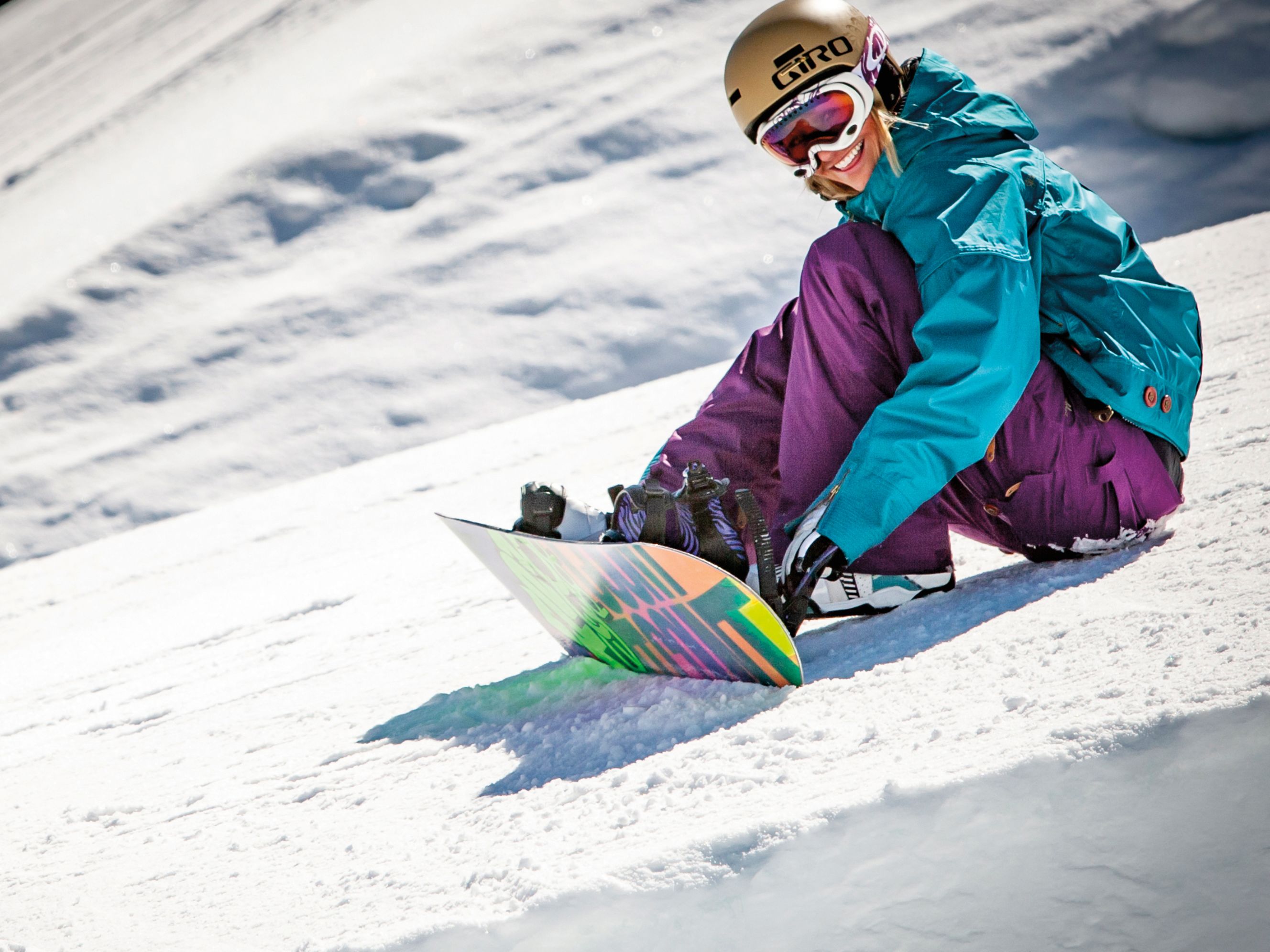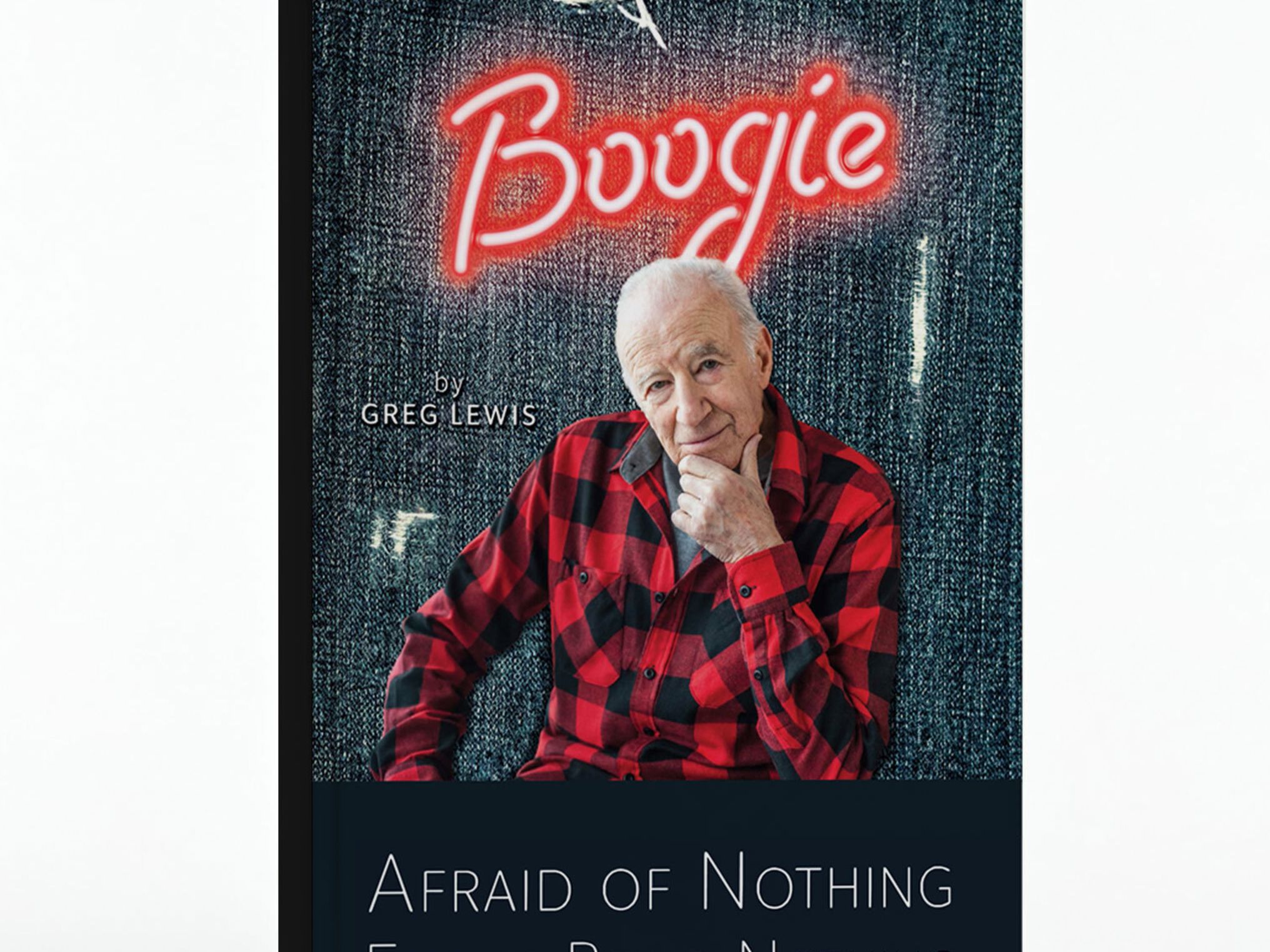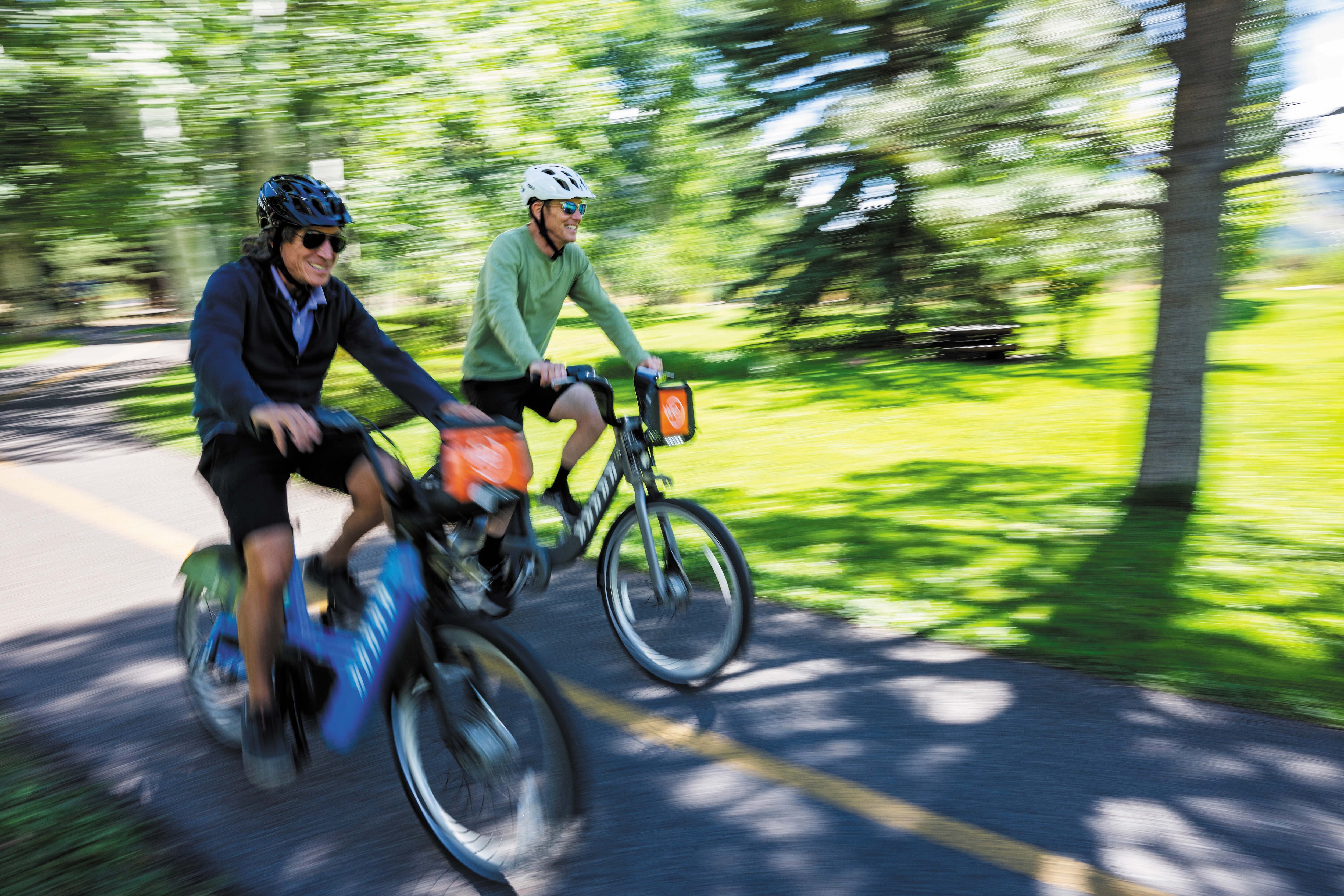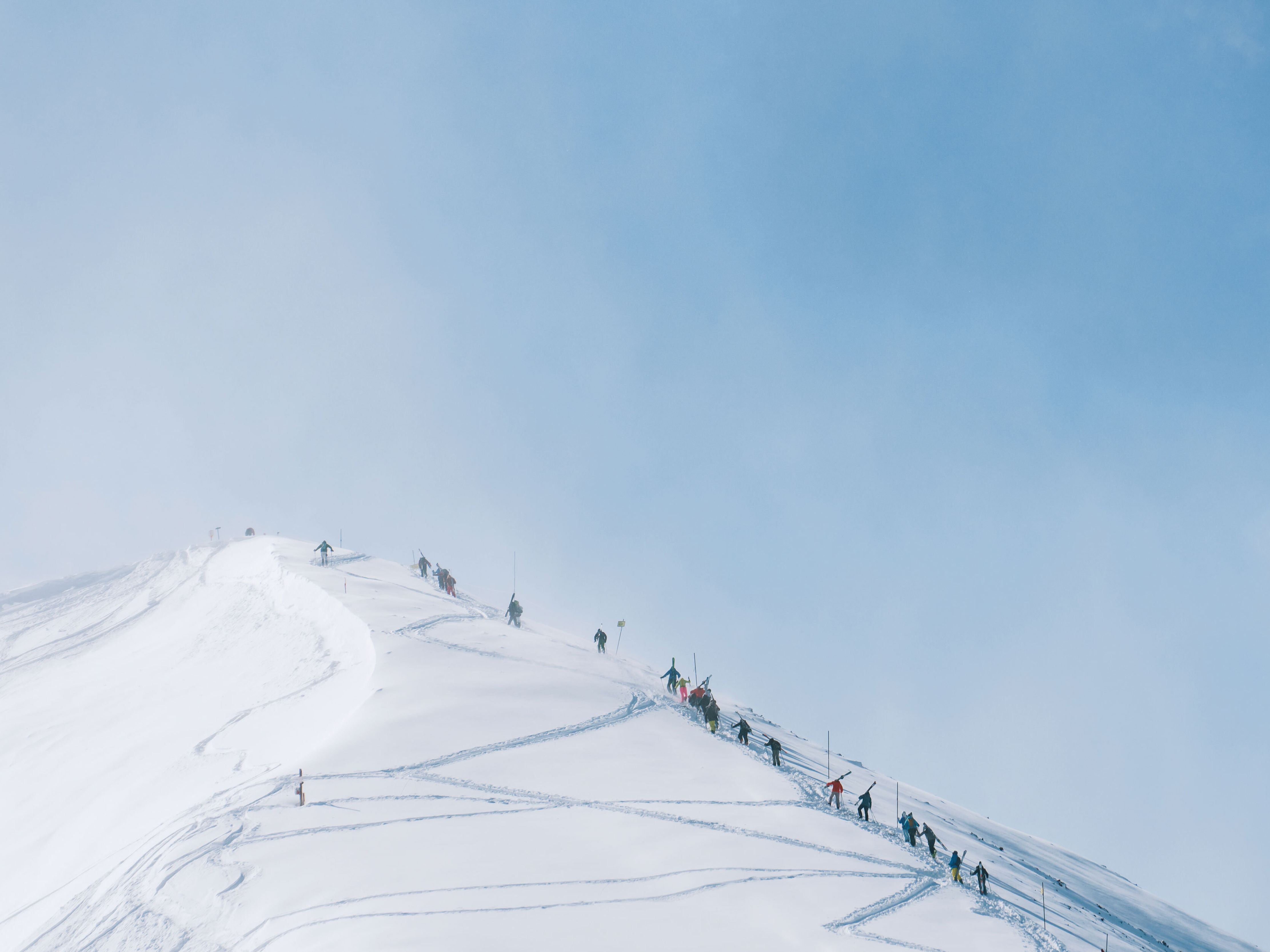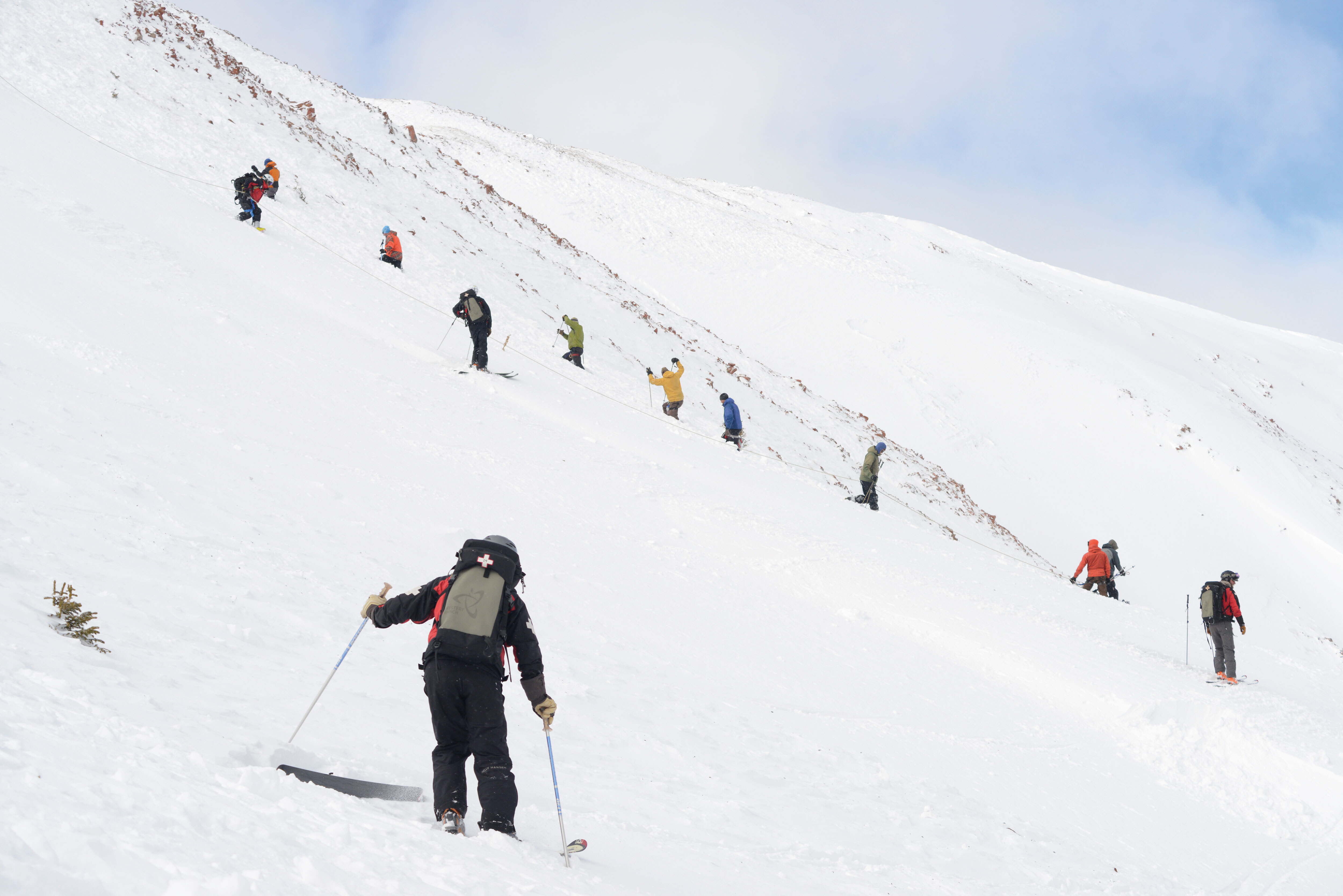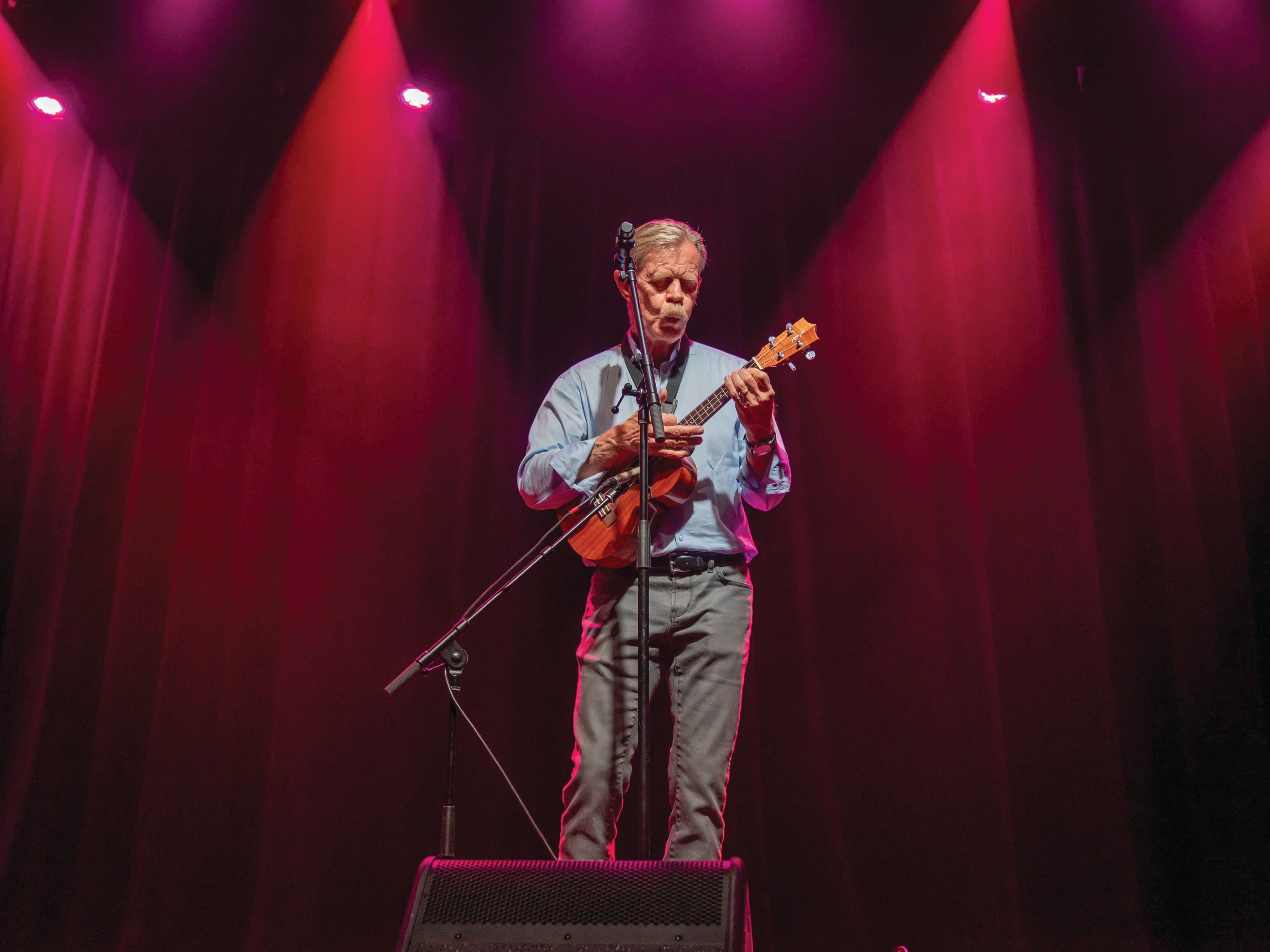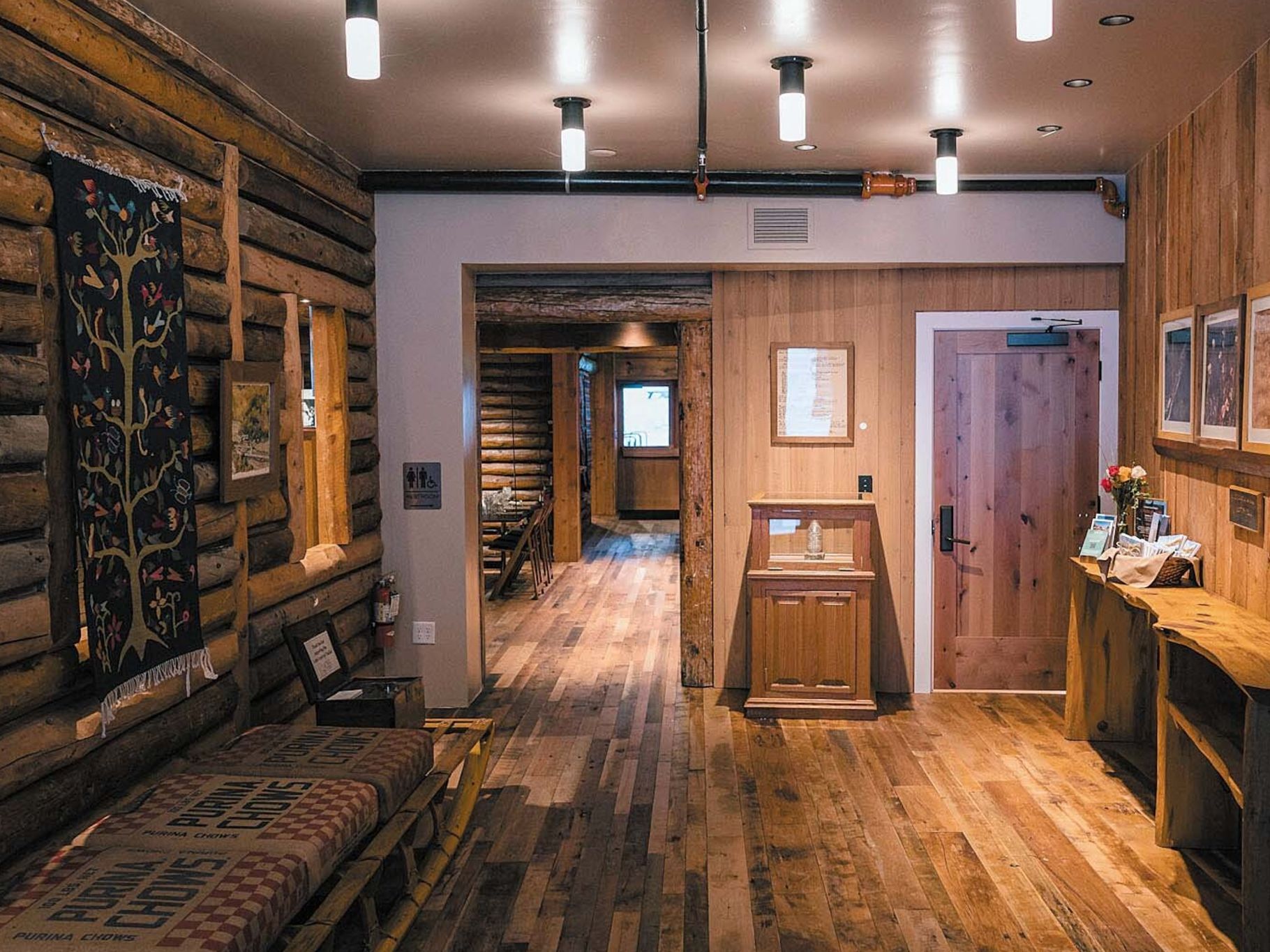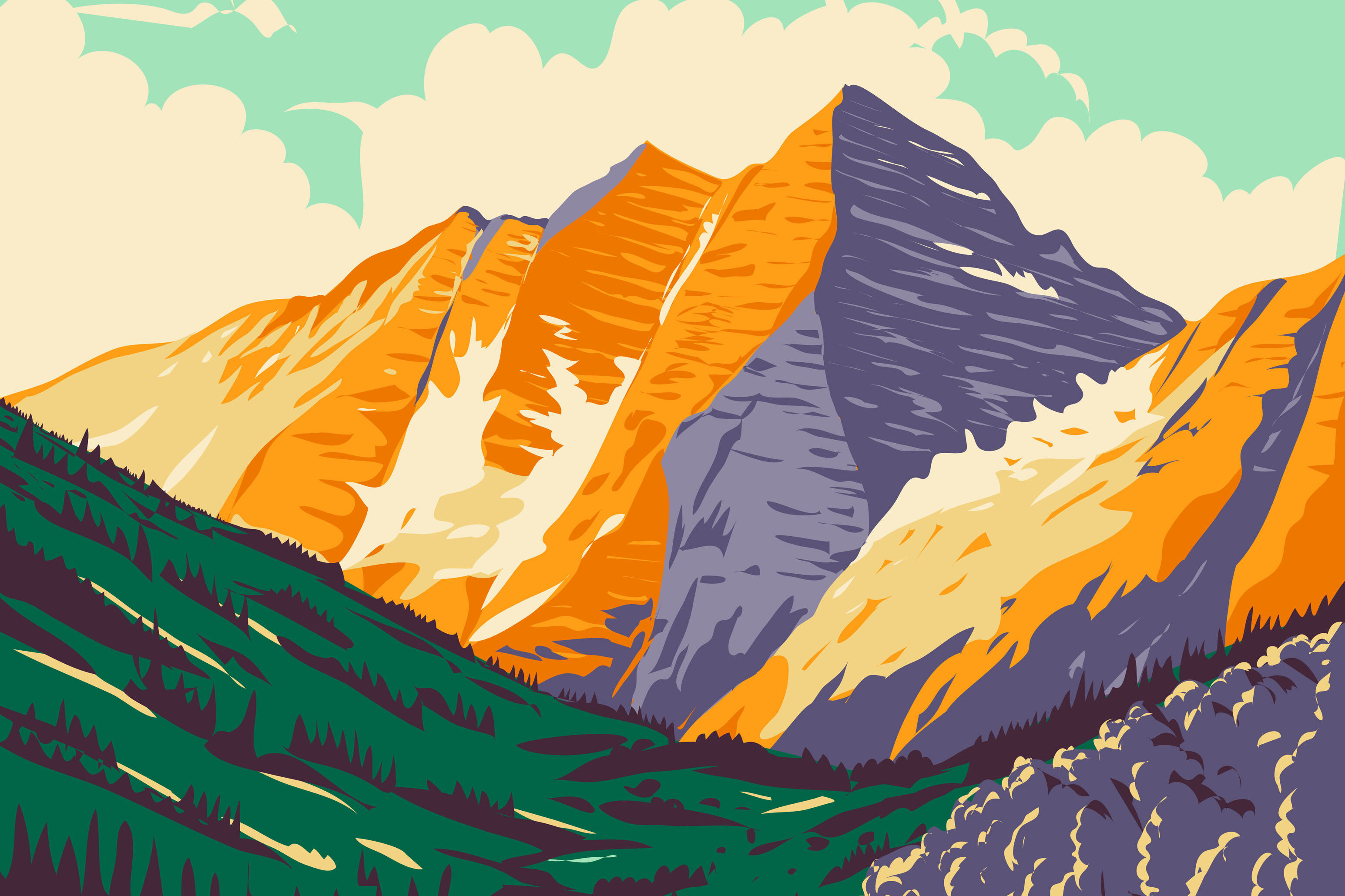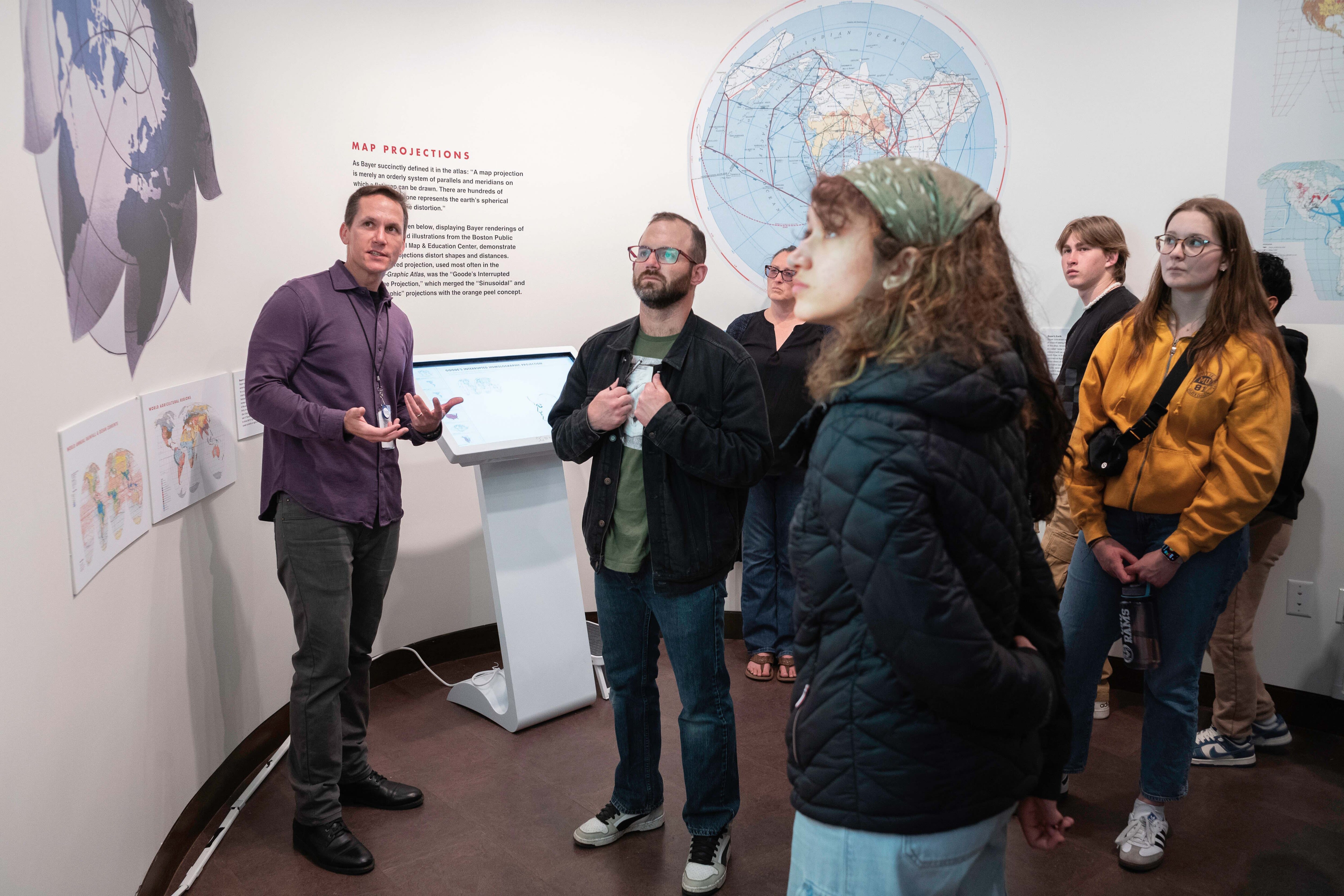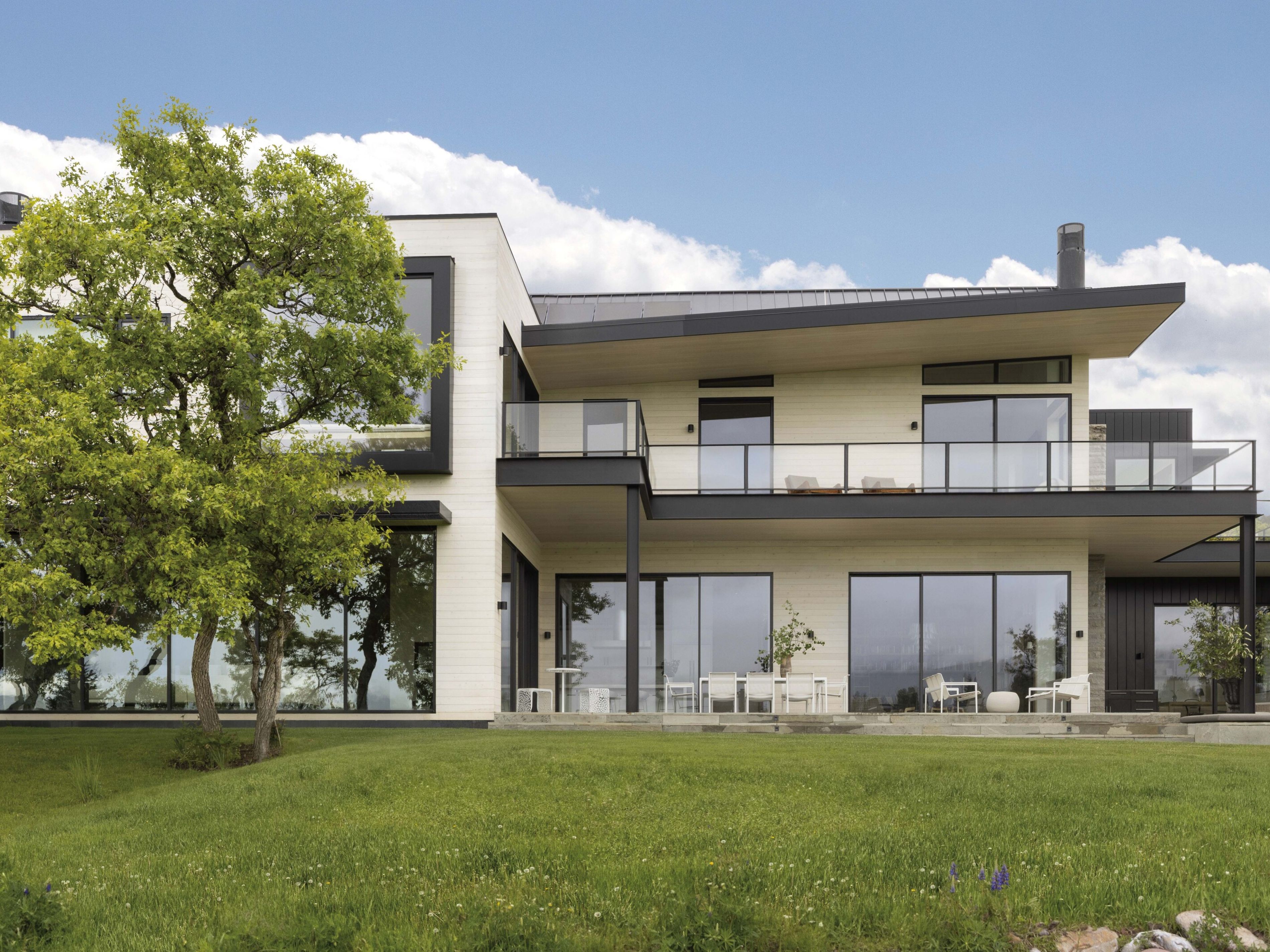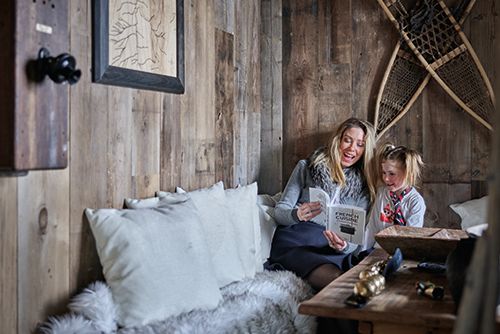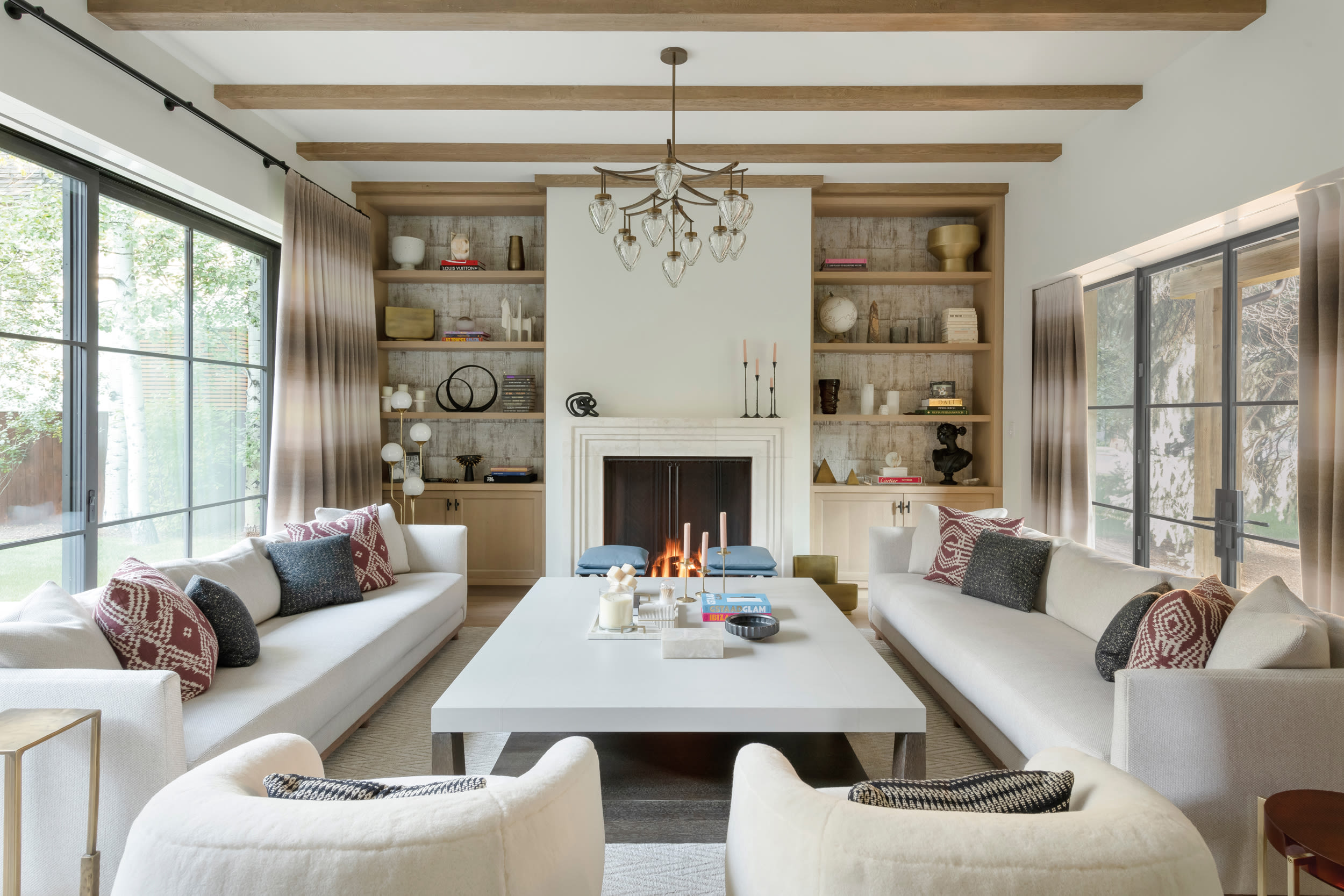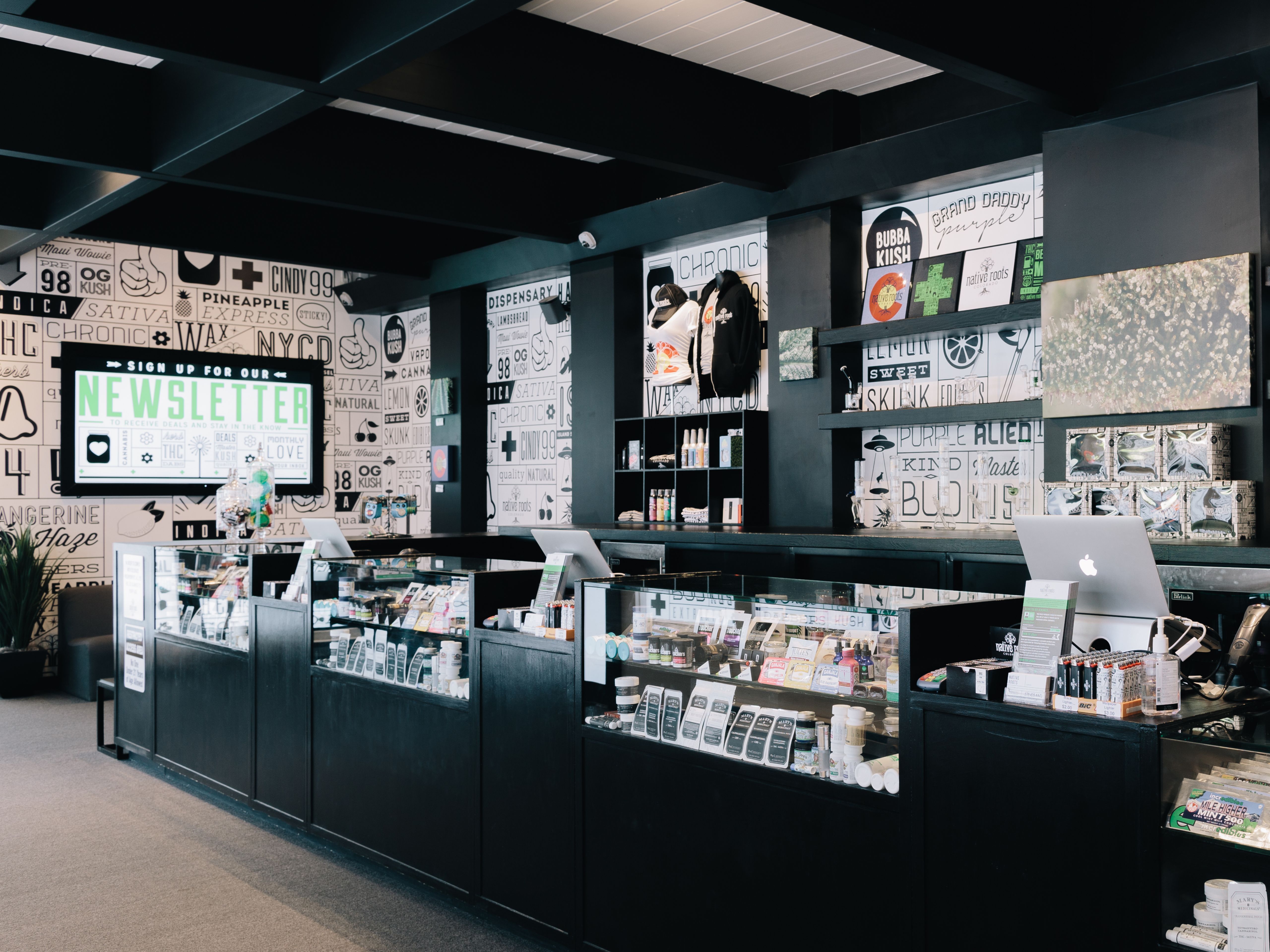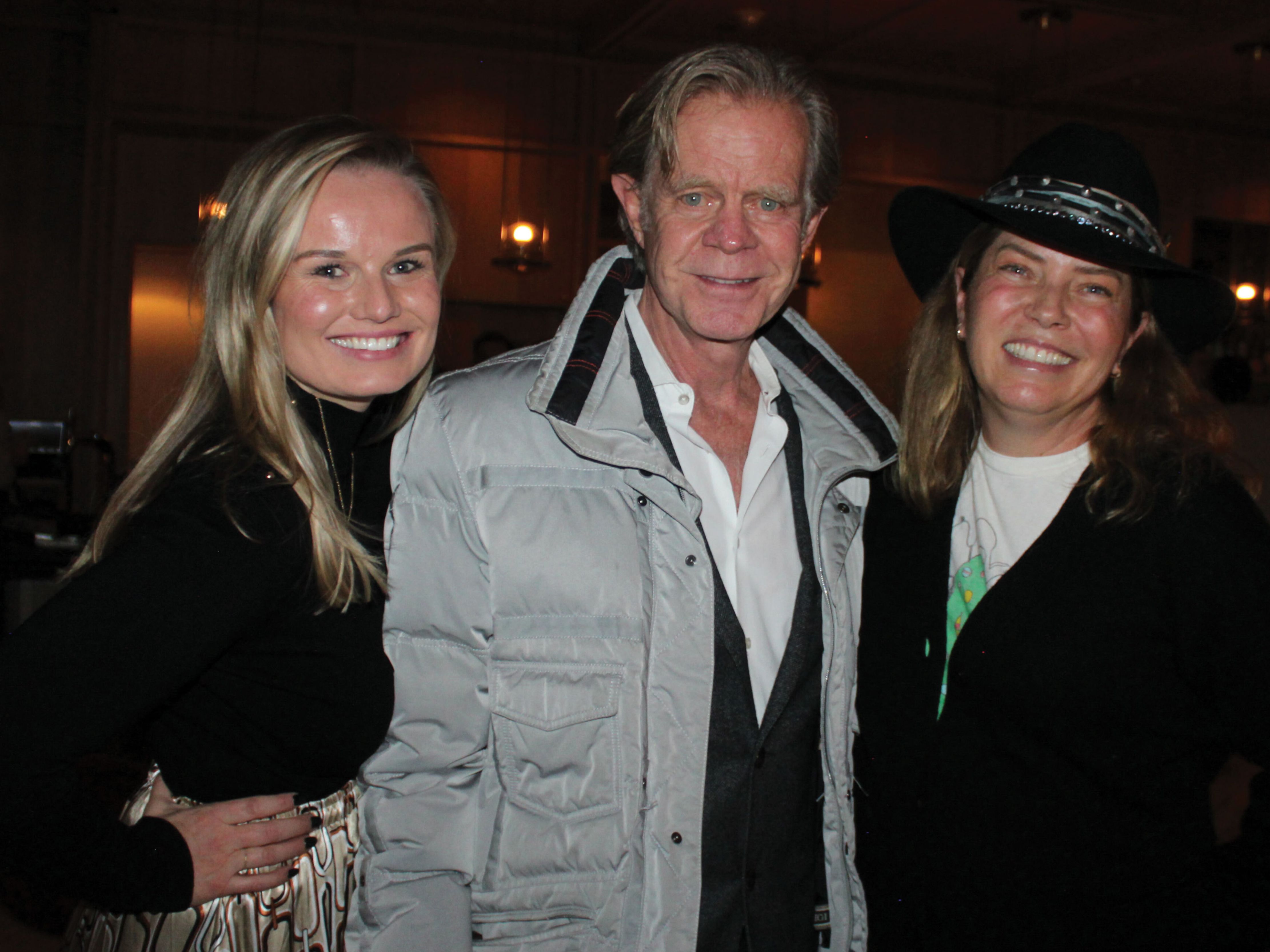A Q&A With Wilderness Workshop Founders Connie Harvey and Joy Caudill
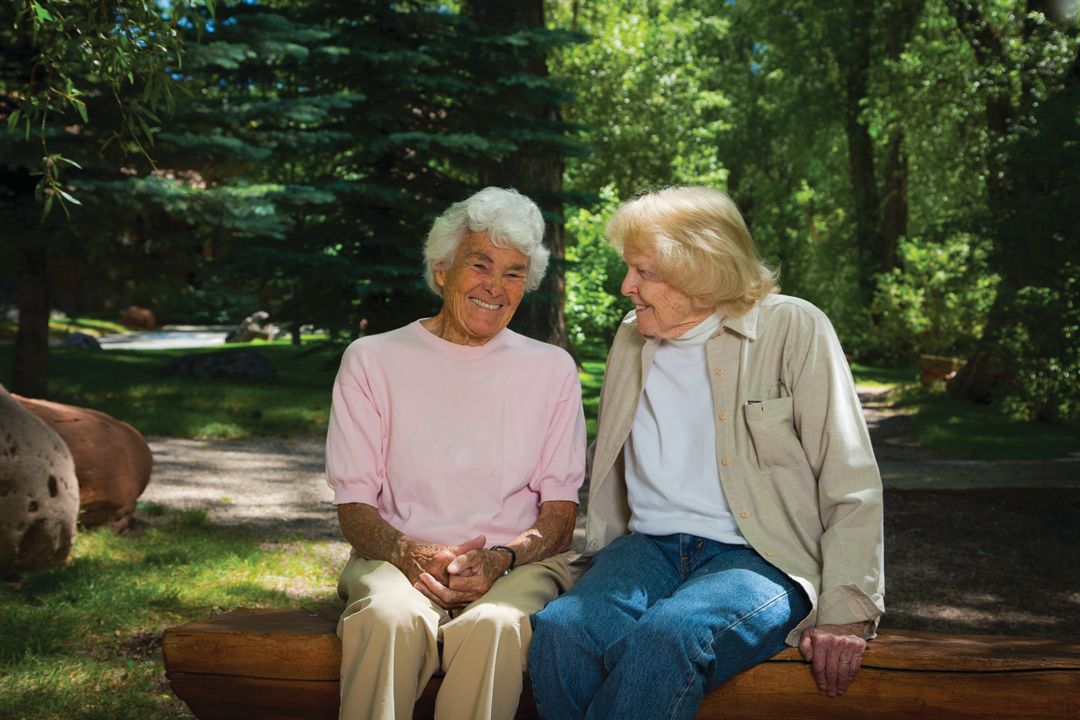
Connie Harvey (R) with Joy Caudill (L)
Image: Jim Paussa
Aspen Sojourner: How did you first fall in love with wild lands?
Connie Harvey: I always had a connection with the natural world and cared very much about the outdoors. I grew up in Vienna, but my mother was American. We came to the States to escape World War II and moved to an old farm in New Jersey. I spent most of my time running around the woods and had lots of animals—all the creatures found their way to me.
Joy Caudill: My dad did a lot of fishing, and we always loved to camp and hike. I was fortunate that I was brought up with an appreciation for wild land.
AS: What was Aspen like when you first came here?
JC: It was the 1940s. I was a teenager then. We’d visit the Burlingame Ranch and ride horses into town and get an ice cream sundae at the Hotel Jerome and tie our horses up by the front there. Aspen Mountain only had a boat tow, a sled on a cable that would take you to the top of Corkscrew, which is where I learned how to ski. I did a lot of side slipping!
AS: The two of you and Dottie Fox founded the Aspen Wilderness Workshop [which later dropped “Aspen” from its name] in 1967, three years after the Wilderness Act was passed. You aimed to get wilderness designations for areas in the Hunter-Fryingpan drainage and the Collegiate Peaks. What motivated you?
CH: It was simple: We saw land being gobbled up by development, and we thought it should be protected.
JC: I once took a long hike up to a lake, and there was a woman in the middle of it on a rubber raft who had driven her Jeep up there. That image always stuck with me. I don’t mind seeing other people in the backcountry, so long as they had to work as hard as I did to get there. There were all these wonderful places where there were roads and people were wanting to build. I had a very strong feeling that this land needed to be protected.
AS: Another goal was to double the acreage of the Maroon Bells–Snowmass Wilderness Area. How did you go about deciding which land should be protected?
JC: When the Wilderness Act passed, that gave us a great tool. There were wild, undeveloped lands surrounding the wilderness, and it was important to see what was there and whether we could add it to [the designation]. We’d break up into groups and go out there on foot. ‘Ground truthing,’ we called it. Each team would have a section to hike around and look for signs of development, like roads and buildings. We’d look at maps and research claims and investigate land ownership. If the requirements were met, then we had to get someone to sponsor legislation.
AS: How were you received as women activists in the late 1960s?
CH: In the early years, I met with Congressman Wayne Aspinall, who was very pro development. He couldn’t have disagreed more with our cause, and he’d sit there and stare at us as if women didn’t have any business meddling in politics. But my goal wasn’t to be a politician. It was to have the laws protect the wild lands, and we succeeded.
JC: It was just my passion, so I didn’t think about what was the norm.
AS: What strengths did the three of you bring to the new organization?
JC: I was the serious, on-the-ground nuts-and-bolts person. Dottie had this wonderful way with people and was great with outreach. Connie understood the political side. It was exciting because, together, we figured it out.
CH: We didn’t really have any experience, so we just jumped in and learned. I got to know all the politicians, the senators and representatives. We wrote a lot of letters. I was never an activist until we started Wilderness Workshop.
AS: What would you like to say to future generations about how to protect our wilderness?
CH: Get outdoors yourself and teach your children about wilderness. Learn your facts and make your opinions known. Get to know your congressperson; if you don’t do that, you’re overlooking an important piece of all this. Write letters to the newspaper and to the legislators. Don’t be afraid to pick up the phone. Call one or two people who are sympathetic to your side. It will make a difference—it really will.
JC: [President] Trump is very scary. The forces for development are greater than ever, and money is power with this administration. You’ll have to work harder than ever to counter that. Get your facts straight and educate yourself, then fight.
